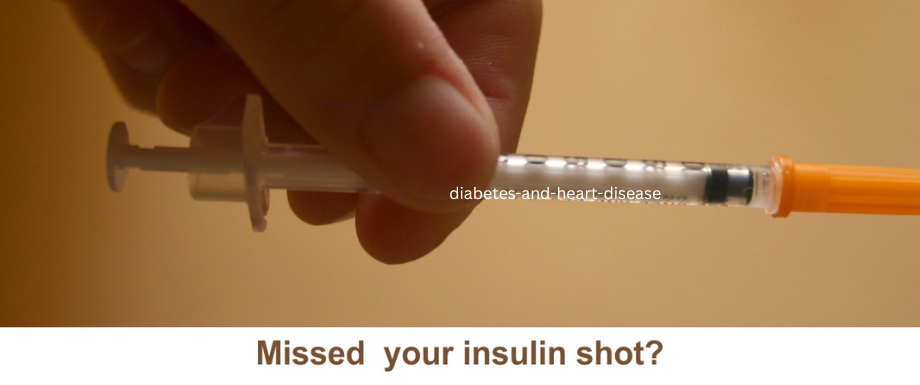Is medication the only answer to diabetes? We all think that insulin for diabetes (type 1) is the mainstay therapy and tend to set aside the human factor out of diabetes management. However, despite all the treatments available, what can be done when a patient for some reason does not totally comply with the treatment?
Role of patient-doctor partnership in diabetes management
Though there are numerous innovations in insulin management like artificial pancreas and improved insulin pumps, a better quality of life can be achieved only with the active participation of the patient and the healthcare provider working together.
Traditionally, the doctor is someone who provides a few diagnostic tests and, based upon those diagnostics, prescribes medication. This approach has its intrinsic deficits. For caregivers, to achieve the goals of treatment, a major impediment is poor control from the side of the patient.
This has nothing to do with the willingness of the patient to have a better quality of life. This is due to the fact that type 1 diabetes is a demanding condition and it asks for constant monitoring, and extreme conditioning.
This is where the patient needs support and an extended care from the doctor – We need a care that is both In-Clinic and Beyond the Clinic.
Missed an insulin shot
Take for example the case of a juvenile with diabetes. As such, adolescence is turbulent with hormonal changes, the transition to adulthood, and peer pressure. A child in this stage needs much more support in terms of treatment compliance.
For parents of such patients, the horror of a missed insulin shot (intentional/unknowingly) is unimaginable. Reasons stated by children for intentionally skipping insulin shots were that it was an interference in their activities, it was an embarrassment, or rarely had injection-related issues.
When it comes to skipping the shot unknowingly, the reasons commonly stated were oversleeping, forgetting, and not carrying the injection kit along with them.
Is insulin pump an answer for this? Talk to our expert diabetologists to consider this option!
Facts about missing insulin injections.
|
Patients often are clueless about the next course of action after missing out on an insulin injection. “Do I have to compensate for the missed injection by taking another shot?” “Do I just take it easy and wait for the nest dosage?”
The answers to these simple questions are not so simple. The answers depend upon the type of insulin you take and the duration it was meant for.
Missed the Basal Insulin Shot
For basal insulin shots (acting for around 24 hours), it is normally okay to take a shot within two hours of the stipulated time. This might carry an increased risk of hypoglycemia and so one should consult a doctor before doing so.
If the injection has been delayed for more than two hours, then there is a risk of higher blood sugar levels. So, it is important to contact a doctor who might prescribe a fast acting insulin shot.
Missed the Bolus Insulin Shot
In case a bolus insulin shot (mealtime insulin) is missed, it is normally not risky to inject within two hours of the stipulated time. But, if the time exceeds two hours, it is better to consult a doctor.
It is common for some people to suggest a reduced dosage of insulin after two hours of delay, but it is not advisable as it carries a higher risk of erratic blood glucose levels.
A Better method to manage
Not being able to comply with the rigors of diabetes treatment might happen unknowingly. This should not stop you from having a healthy life. So, wouldn’t it be great to have a trusted ally who not only reminds you to take a shot, but does a lot more.
With a mobile app that reminds you to take your insulin shot to calls from experienced dieticians, explore the technology-based solutions provided by Apollo Sugar Clinics. https://apollosugar.com/diabetes-programs/
